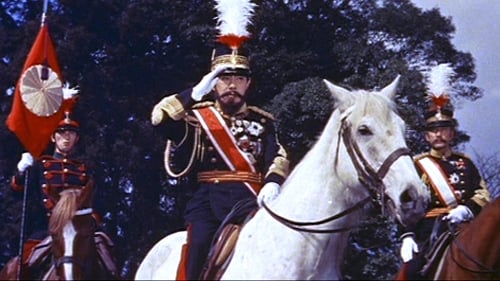
Akagawa
Yōko is a young woman who is forced into prostitution by a yakuza gang. She repeatedly escapes from the gang, and is repeatedly captured, and repeatedly tortured at length.

Yuko has a rendezvous with her old boyfriend who has just returned to Tokyo. Blackmailers with evidence of this transgression force Yuko to work as a call girl to pay them. Yuko becomes the client of a foreigner who is in the employ of her husband, a prominent businessman.

Noboru Ishizuka
Pinku from 1965.

Pinku directed by Kôji Wakamatsu.

Horror film directed by Satoru Kobayashi. Kin'ya Ogawa served as Kobayashi's assistant on this film.

Japanese comedy film.

Samsky
Third and last "Maboroshi tantei" film, based on the manga by Jiro Kuwata.

Japanese comedy film.

Japanese comedy film.

Japanese comedy film.

The treasures of the Aoyamas were buried at the bottom of the sea when a large earthquake occurred years before. Yumi Aoyama is the only person who knows the location, but her family dies one after another through curious incidents, as if the family were under a curse. Yumi is surprised by the ghost of a dead sister who looks the same as the grim figure who jumped into the old well alter stabbing herself with a sword. Fearful that a similar fate awaits her, Yumi seeks the help of her friend Kyoko. Later the ghost appears before Kyoko and her fiancé, Detective Nonomiya. In a haunted cave, Kyoko and Yumi are in deadly peril from those who seek treasures of the Aoyamas.

1959 Japanese film directed by Morihei Magatani for Shintoho.

Japanese comedy film.

Japanese comedy film.

Japanese comedy film.

The 6th Super Giant film. Although he was believed to be destroyed by the Nazi-like army, Super Giant breaks into the satellite, and a long, riotous battle ensues. (Part 2 of 2)

Japanese comedy film.

The 5th Super Giant film. Super Giant pursues a Nazi-like army that operates on a huge satellite in space. The satellite is armed with weapons that could destroy whole cities on Earth from afar. (Part 1 of 2)

The 2nd Super Giant film.
Super Giant continues his battle against the foreign terrorists. In return, they frame him for murder. (Part 2 of 2)

Meiji Tenno portrayed the ramp up to the Russo-Japan War. In addition to showing the political events that led to war, it also showed the era from the story of a farm family in rural Japan who sent their son off to war. As such, it could be considered an anti-war movie, showing how, while war is devised by governments, the people do not really understand what war is, and it's combatants often do not know what they are fighting for.







